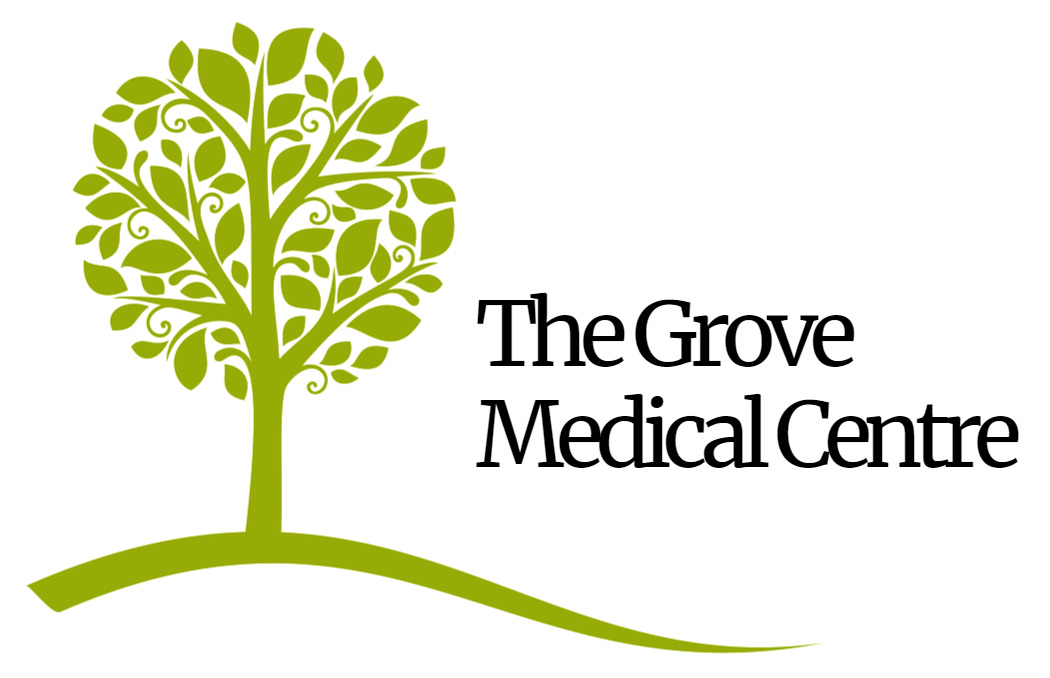Opening Times | Online Services | Contact Us |
CQC Rating Good
Testicular Cancer
Testicular cancer is rare. It is less common as men get older and survival rates are very high. The most common symptom is a lump or swelling in your testicle. It can be as small as a pea but may be much larger. You should see your doctor if you notice a change that isn't normal for you or if you have any of the signs and symptoms below.
You know your body best. It's useful to know how your body normally looks and feels, and this includes your testicles. This makes it easier for you to notice any changes. If you do notice anything unusual, or something that won’t go away, make an appointment to speak to your doctor.
Symptoms to look out for include: -
- a lump or swelling in part of one testicle
- a testicle that gets bigger
- a heavy scrotum, or you might notice that your scrotum feels firmer or harder.
- discomfort or pain in your testicle or scrotum
The scrotum is the sack of skin that surrounds your testicles. These symptoms can be similar to other conditions that affect the testicles, such as infections. But see a doctor if you have: -
- any of these symptoms
- symptoms that are unusual for you
- symptoms that don’t go away or don’t improve
Your symptoms are unlikely to be cancer, but it is important to get them checked by a doctor.
Even if you're worried about what the symptom might be, don't delay - make an appointment. The earlier any condition is picked up, the higher the chance of successful treatment. You won't be wasting your doctor's time. Try not to be embarrassed. Doctors are used to discussing intimate problems and will try to put you at ease.
When you see the doctor, it can be difficult to remember everything you want to say. These tips will help you get the most out of your appointment.
- Write down your symptoms including when they started, when they happen and how often you have them.
- Write down anything that makes them worse or better.
- Tell your GP if you are worried about cancer.
- Tell them if you have any family history of cancer.
- Ask the GP to explain anything you don’t understand.
We use cookies to help provide you with the best possible online experience.
By using this site, you agree that we may store and access cookies on your device. Cookie policy.
Cookie settings.
Functional Cookies
Functional Cookies are enabled by default at all times so that we can save your preferences for cookie settings and ensure site works and delivers best experience.
3rd Party Cookies
This website uses Google Analytics to collect anonymous information such as the number of visitors to the site, and the most popular pages.
Keeping this cookie enabled helps us to improve our website.
